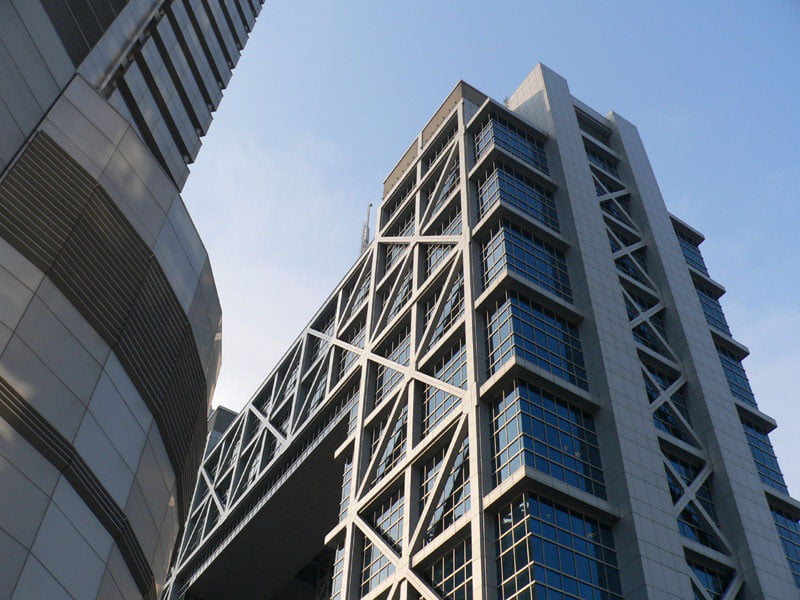The world’s economic jitters – and particularly Asia’s – are finally being felt in the technology sector, which has been more immune than most in recent years.
Those jitters will only have been exacerbated by the resounding belly flop with which the Chinese economy entered the New Year. Manufacturing has now been in negative territory for the past 10 months according to the closely watched Purchasing Managers Index.
The country’s share markets were forced to close twice in the year’s first trading week after plunging 7 per cent, a limit imposed as a circuit breaker in the wake of huge stock gyrations in August last year.

Policy-makers in Beijing did what they know best, and threw almost $100 billion at the market buying shares in an attempt to prop up the bourse. So much for the bold words from Chinese leader Xi Jinping, who said that as part of a package of reforms – that remain largely on paper only – China would increasingly rely on market forces.
The problem is that while the Communist Party says it wants to cede control, it does not seem to be able to.
As the second biggest economy in the world, China has been one of the few of any size (along with the United States) propping up an otherwise stagnant global economy.
The Chinese share market shock sent equity markets reeling around the world, especially those like Australia which is China-dependent. And technology companies have copped it badly, not just for the overall market dip but for the questions starting to circle around the industry.
In rapid succession in recent weeks Apple and Samsung, the Big Two in the “it” part of the sector – mobile communications – signalled that they struggled over the key Christmas period.
Apple sales were reported to be 20 per cent below expectations and Samsung’s fourth quarter guidance was that sales for the first three quarters were flat but profits were up. Analysts are predicting a tough year for the sector.
In the United States’ Big 8 blue chip tech stocks Apple, Facebook, Google (sorry, I should say Alphabet) Microsoft, Yahoo (yes, still in the 8, but this year will tell the tale), Intel and Cisco all had a hole of between 6 per cent – 8.75 per cent in their market value.
Last year Apple shares were the biggest loser dropping 20 per cent , Cisco and Yahoo also lost ground, while Google saw the best gains of the other five with 31 per cent.
In every corner of global markets, the prediction for 2016 is increased volatility. This is great news for brokers, who get paid at both ends of the trade, but mke for nervous times for shareholders.
Could this be an early warning sign that at least a pricking of the latest tech bubble is upon us? If so, March-May is the first window before the stomach knotting days of the market’ favourite crash month in October
So is it all bad news for the tech sector, and opportunity across Asian economies that are almost (but not quite) in unison catching a cold as China sneezes and snuffles its way into the New Year?
The answer is a resounding no.
As economy’s falter – and China is taking most of Southeast Asia down with it – balance sheets shrink and profits fall, innovation (and in particular technology-driven innovation) become more essential.
In Australia over the past 12 months, the mining sector has been a hot bed of innovation as the major iron ore miners in particular have insisted on massive technology programs to improve operations and reduce labour costs. They have been automating process that previously requires hundreds of man hours each week.
The apotheosis of this is Rio Tinto’s fleet of driverless trucks.
In the retail sector it could be a better inventory management and logistics system that requires less stock being held on the balance sheet, less storage space required, fewer staff numbers and a cut to the electricity bill.
Innovation that drives corporate efficiency doesn’t just have to be directly related to production. Increasingly companies are looking at innovate solutions in the latest big thing for corporate marketing and sales departments: customer experience (CX) management with online applications that cover the whole gamut from sales, aftersales, documentation and customer service.
Asia is for many tech companies the Holy Grail, particularly Southeast Asia where there are not the onerous restrictions and censorship on internet sites and where video is fast emerging.
Our advice for the New Year is leverage the economic gloom for innovation success.
Do you know more? Contact James Riley via Email.
